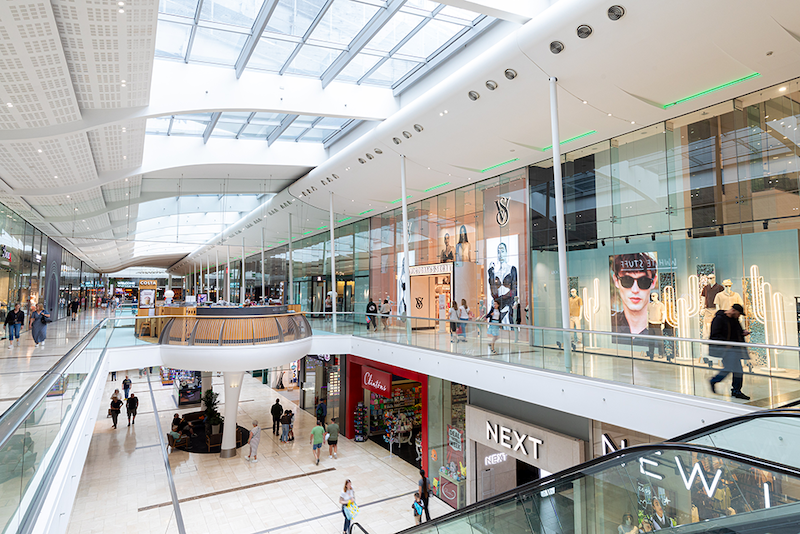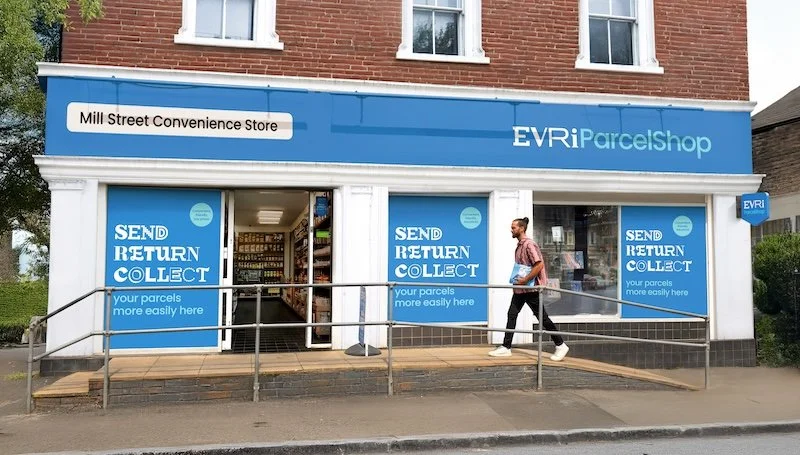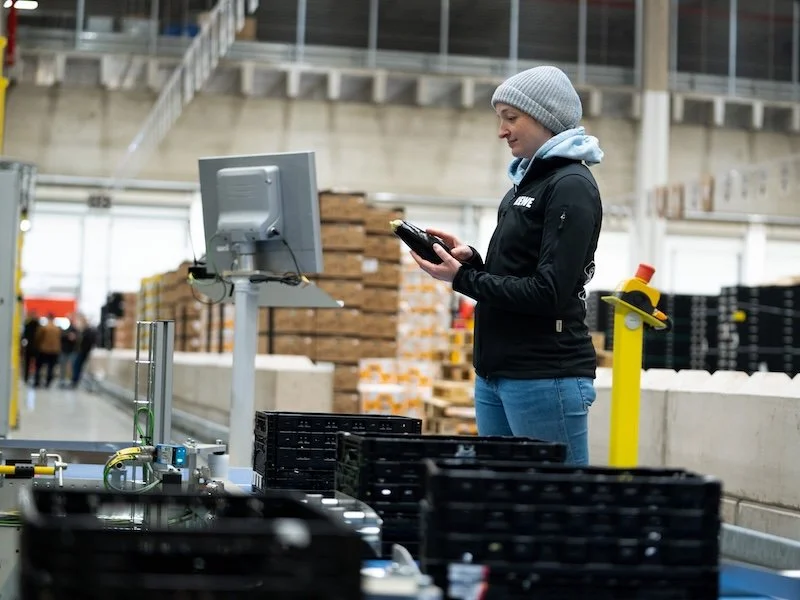Why referral marketing beats paid ads in 2025

Marketing strategies are constantly evolving, and businesses are always on the lookout for methods that deliver lasting results. Paid advertising has dominated the scene for years, but its grip on marketing budgets is beginning to loosen. Referral marketing has stepped into the spotlight as a more effective and trustworthy alternative.
This shift isn’t just a trend; it’s a reflection of changing consumer behaviours and the need for authentic connections. In this article, we examine why referral marketing is a more effective choice than paid ads. We’ll explore how it builds trust, reduces costs, boosts engagement, and drives lasting customer loyalty.
Building Trust and Authentic Connections
Trust lies at the heart of any successful marketing strategy. Referral marketing stands out because it leverages personal recommendations - an inherently trustworthy form of promotion. While paid ads can often feel intrusive or impersonal, referrals carry weight because they come from people we know and value: friends, family, or colleagues.
When someone refers a product or service, they’re going beyond promotion and putting their reputation on the line by endorsing it. Studies show that consumers are far more likely to act on recommendations from people they trust. A thoughtfully designed referral marketing programme amplifies this trust, transforming satisfied customers into brand advocates.
With user-friendly referral marketing tools, businesses can make it effortless for customers to share their positive experiences. Features like personalised referral links, social media sharing options, and simple interfaces remove barriers, encouraging genuine interactions and organic growth.
For example, Airbnb’s referral programme is a classic success story. By offering travel credits to both the referrer and the referee, Airbnb incentivised users to share their platform with friends. This not only expanded their user base but also fostered a sense of community and trust among travellers.
Why Referral Marketing is More Cost-Effective
Referral marketing offers a smarter way to spend your budget compared to traditional paid advertising. Here’s why:
Lower Customer Acquisition Costs: Paid ad campaigns often require significant investment, with no guaranteed return. Referral marketing flips the script by using your existing customers to attract new ones. Instead of paying for ad impressions or clicks, you reward customers when they successfully refer someone. This approach lowers acquisition costs and makes your budget work harder.
Higher Conversion Rates: Referral programmes consistently outperform paid ads in terms of conversion rates. Referred customers arrive with a level of built-in trust, seeing as they were directed by someone they know and value. This inherent trust makes them much more likely to make a purchase or engage with your brand. In fact, research has shown that referred customers are 4 times more likely to make a purchase than non-referred leads. With a more engaged audience, businesses see higher conversion rates, which maximises the return on investment for every dollar spent.
Enhanced Customer Lifetime Value: Customers acquired through referrals often become loyal patrons. They tend to stick around longer and spend more over time, delivering a higher lifetime value. This loyalty boosts your return on investment and creates a steady revenue stream.
Efficient Use of Resources: Referral marketing is a resource efficient strategy. Instead of investing time and money into designing complex ad campaigns, businesses can streamline their efforts by focusing on rewarding existing customers who are already engaged with the brand. With the right referral marketing software, businesses can automate and manage these programmes with minimal effort, ensuring that marketing resources are spent wisely and without waste. This makes referral programmes a scalable solution that can grow with the business, offering a sustainable way to expand without a significant increase in budget.
Scalable and Sustainable Growth: One of the biggest advantages of referral marketing is its scalability. As your business grows, so does the potential of your referral programme. With advanced referral software, businesses can easily scale their programmes, managing everything from tracking referrals to issuing rewards. This automation means that businesses can maintain a cost-effective strategy even as they expand. Unlike paid ads, which require increasingly larger budgets to maintain the same level of reach, referral marketing offers a more sustainable path to long-term growth.
Better Engagement and Higher Conversion Rates
Engagement is a key performance metric in marketing, and referral marketing consistently outshines paid ads in this area. Think about it: how often do you ignore online ads? Now compare that to a heartfelt recommendation from a friend. The difference is striking.
Referrals capture attention because they come with trust already built in. This trust boosts conversion rates and often speeds up decision-making. A recommendation feels personal and cuts through the noise in ways even the most polished ad cannot.
Modern referral marketing platforms make it easier to measure and optimise engagement. These tools allow businesses to analyse data, identify trends, and refine their programs for maximum impact. When you combine higher engagement with stronger conversion rates, the benefits of referrals become clear.
Additionally, referral marketing creates a sense of exclusivity. Receiving a recommendation makes a potential customer feel like they’re being let in on a secret. This emotional connection deepens their engagement and increases the likelihood of conversion.
Creating Customer Loyalty and Long-Term Retention
Referral marketing isn’t just about bringing in new customers; it’s also a powerful tool for nurturing loyalty among your existing ones. When customers are rewarded for sharing your brand, they feel appreciated and develop a deeper connection with your business. This sense of value strengthens relationships and encourages repeat purchases.
Referred customers, meanwhile, often have a better perception of your brand from the start. They were introduced by someone they trust, which sets the stage for a positive experience. This creates a cycle: loyal customers bring in new ones, who in turn become loyal themselves. It’s a sustainable growth engine that reinforces itself over time.
By fine-tuning your referral programme - from offering attractive rewards to keeping the process simple - you can focus on both acquisition and retention. The result? A thriving community of engaged, loyal customers.
Flexibility and Growth Potential of Referral Programs
One of referral marketing's greatest strengths is its adaptability. Whether you’re a small business or a global brand, a well-designed referral program can perfectly fit your needs. This often involves tailoring incentives to align with your audience, from discounts and store credit to exclusive perks.
For instance, a referral program for service-based businesses, such as consultants or salons, might offer free consultations or discounted appointments, while an e-commerce business might provide cashback or loyalty points. The possibilities are endless, and businesses can experiment with various incentives to see what drives the most participation.
As your business grows, referral programs can scale effortlessly. Advanced referral management platforms handle the heavy lifting, from tracking performance to automating rewards. This scalability makes referral marketing a long-term solution for businesses aiming for consistent growth.
How Technology Is Enhancing Referral Marketing
Technology is reshaping referral marketing, making it more accessible and effective. Modern platforms offer advanced features like personalised links, real-time performance tracking, and seamless integration with other tools like CRMs. These capabilities make it easier to design, launch, and optimise referral campaigns.
Artificial intelligence and machine learning are also playing a big role. These technologies can analyse customer behaviour and suggest incentives most likely to drive action. Social media and messaging apps further amplify the reach of referrals, enabling customers to share recommendations with just a few clicks.
For example, companies can now use AI to predict which customers are most likely to refer others. By targeting these individuals with tailored incentives, businesses can maximise the effectiveness of their programs.
The Struggles of Paid Ads in 2025
While referral marketing gains traction, paid advertising faces increasing hurdles:
Rising Costs and Diminishing Returns: The cost of paid ads is steadily increasing. As competition grows, businesses are paying more for clicks, impressions, and conversions. Unfortunately, these higher costs often come with diminishing returns, as consumers are increasingly ignoring ads, either by scrolling past them or using ad blockers.
Consumer Skepticism: Consumers are becoming more sceptical of ads, seeing them as intrusive or manipulative. Unlike referrals from trusted sources, paid ads often lack the personal touch that builds credibility, leading many people to tune them out.
Privacy Concerns and Stricter Regulations: Stricter privacy regulations, like GDPR, limit advertisers' access to personal data. This makes it harder to target ads effectively, as many consumers are opting out of personalised ads due to growing privacy concerns.
Ad Fatigue and Banner Blindness: Ad fatigue is real. Many users have become desensitised to ads, often ignoring them altogether. This "banner blindness" means that even well-crafted ads struggle to break through the noise, making engagement harder to achieve.
Ad-Blocking Technology and Changing Habits: With ad-blockers on the rise, many consumers are avoiding ads altogether. At the same time, social media influencers and user-generated content are gaining popularity, as people prefer organic content over traditional ads.
Trust Issues and Negative Perception: Paid ads are often viewed as self-serving, creating trust issues with consumers. In contrast, referrals from trusted sources feel more authentic and reliable, which is why referral marketing continues to outperform paid ads in building lasting relationships and loyalty.
In summary, referral marketing delivers where paid ads fall short. It builds trust, saves money, drives meaningful engagement, and fosters long-term loyalty. With the support of advanced technology, referral programmes offer a sustainable, scalable approach to growth.
If you’re ready to move beyond the limitations of paid advertising, now is the perfect time to explore referral marketing. By tapping into the power of authentic connections, you’ll not only attract new customers but also strengthen the relationships that matter most. It’s a strategy built for lasting success.






























Continue reading…